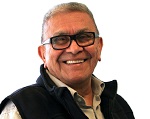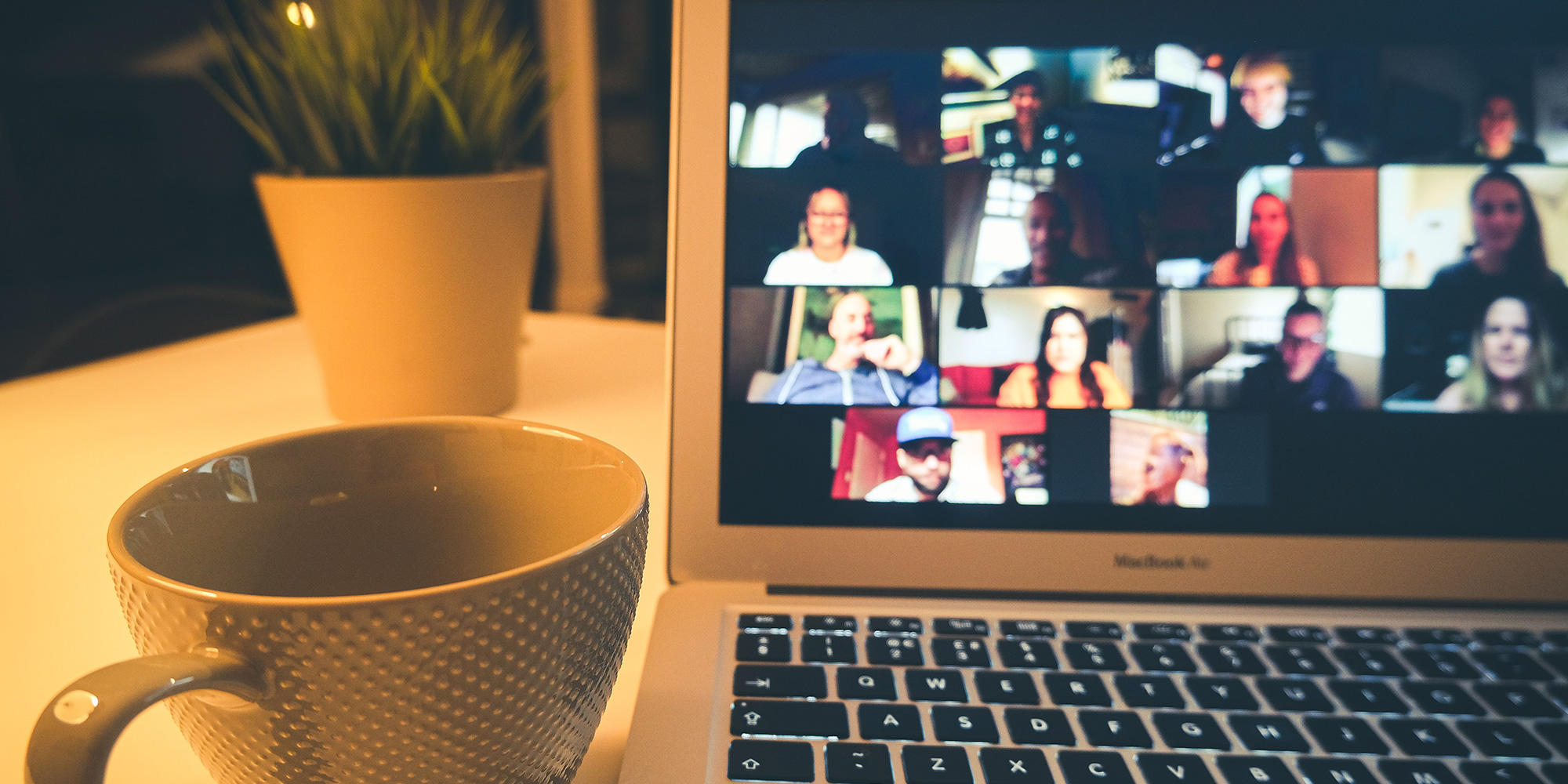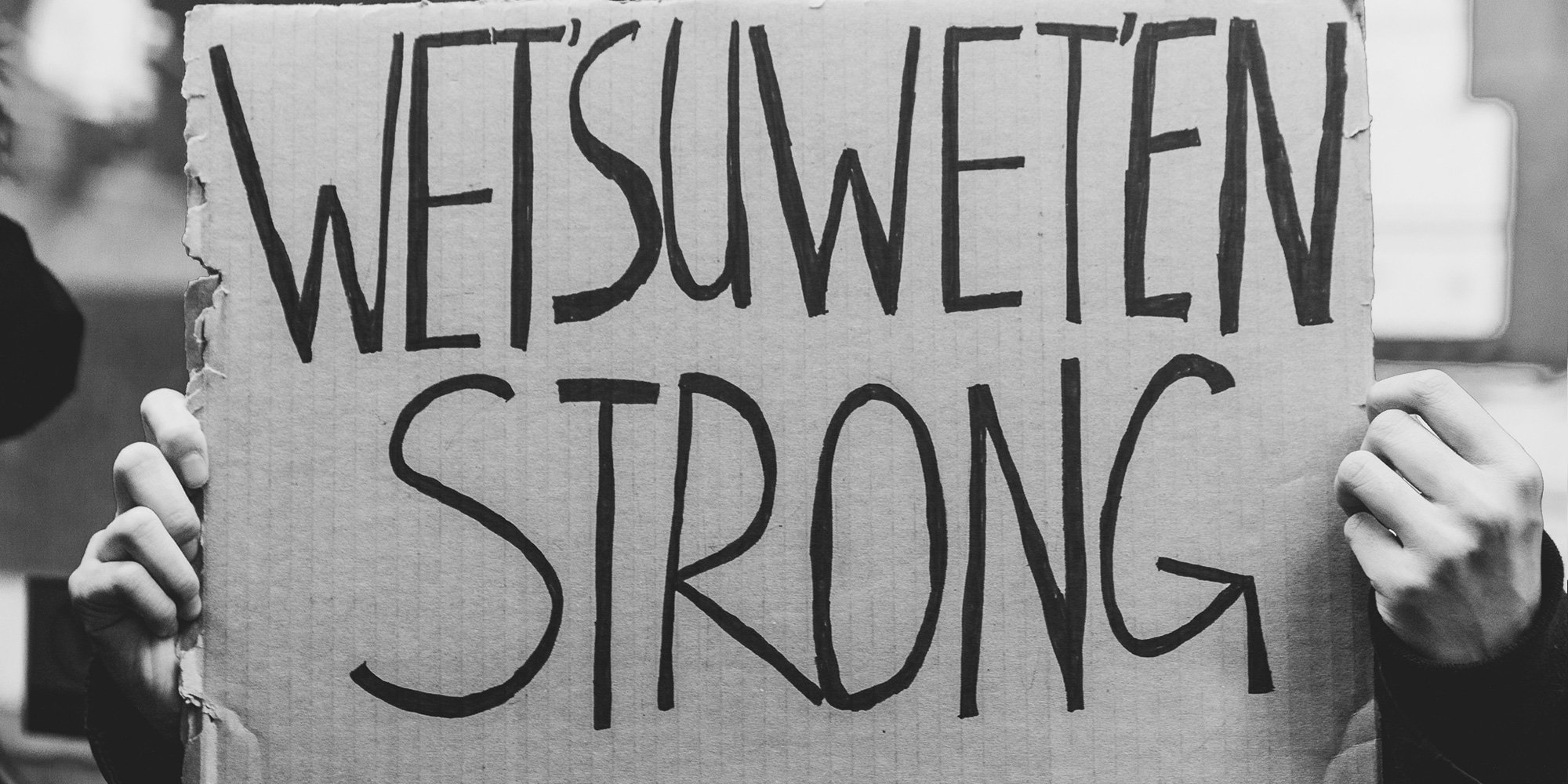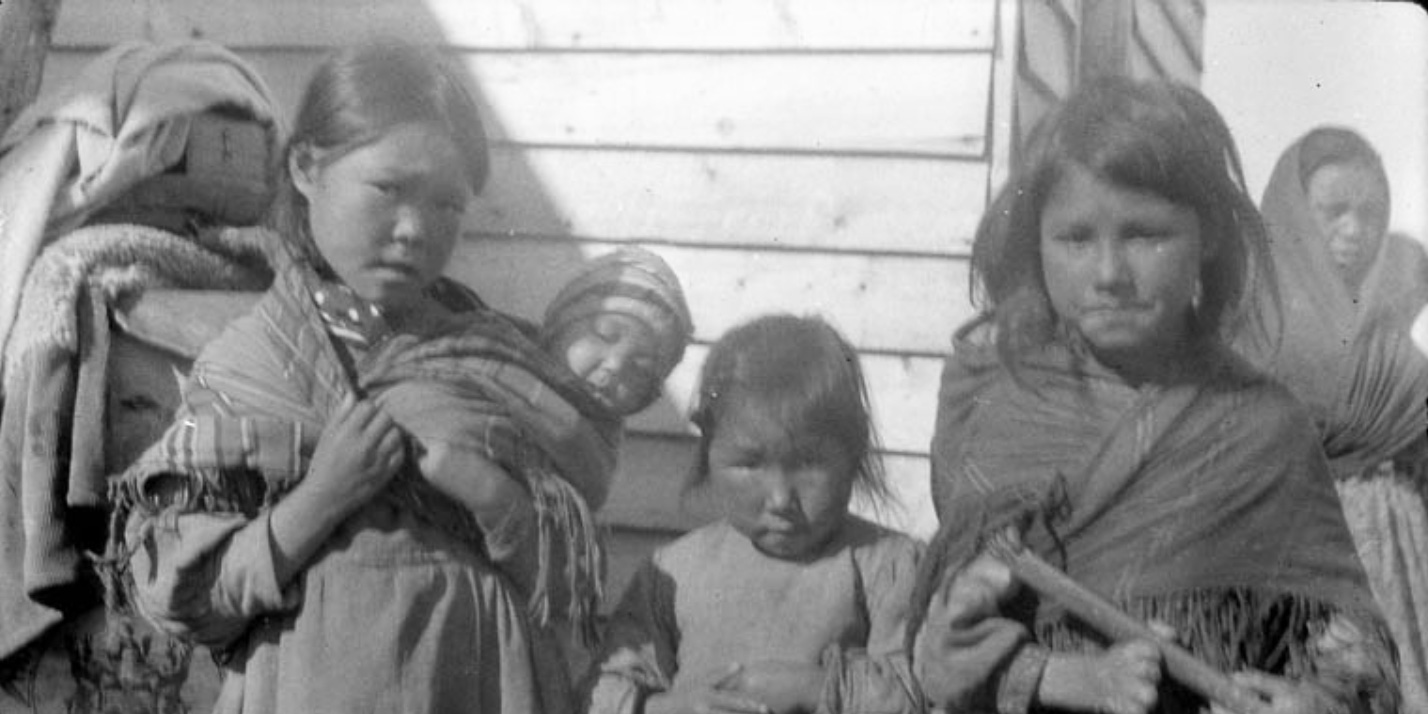Indigenous Relations in the Time of COVID-19
The world is a challenging and rapidly changing place right now and all indications suggest that it will remain as such for quite some time....

We start off this post with the following:

As my father, Chief Dr. Robert Joseph says in his presentation at one of my Speaker Series, “Sometimes you save lives from the simplest gestures; when your heart is in the right place, a simple gesture can inspire people for the rest of their lives just by knowing that someone else cares.” As he says, at about the seven minute point in the video, it can be as simple as smiling and saying hello to an Aboriginal person you meet on the street.
In the pursuit of reconciliation, each and every one of us has a responsibility and the ability to find a way to make a gesture of reconciliation. We have emphasised on this blog (and in our course) the importance of including community outreach in corporate engagement and consultation strategies. Such outreach can include sponsoring community cultural events, offering education bursaries, skills development training, assisting workers with daycare and commuting costs etc.
It is possible, however, to also make a difference on an individual basis - it does not have to be on a grand scale, it does not need a big budget.
At the time of this writing, it is spring which means high school students and their parents are preparing for graduation ceremonies. It’s a big moment for many students and a lot of time, effort and money is spent on ensuring the graduation ceremony and gala are memorable. For the girls this means the purchase of a formal gown, shoes, and all the trimmings. For some First Nation graduates, the gown and all the trimmings are simply not financially feasible.
One of our readers recently shared this story with us. She wanted to find out if there was some way she could financially assist a local First Nation high school student with some of the costs involved in a graduation ceremony - she wanted to help a student enjoy the moment and feel proud of what what they had accomplished. She contacted the Friendship Centres but they didn’t have a program for this so she contacted the Indigenous Support teacher at a local high school and asked him if there were a grad who might need some financial assistance to buy a dress and how this might be arranged. The teacher identified two girls who were graduating, both were financially challenged, and neither able to buy a dress. To make a long story short, the girls are happy with the prospect of going shopping and getting ready for a memorable event as are their families and supporters, and the school is delighted at the outreach from someone in the community. The reader who shared this story with us feels great that she could make a small difference in the lives of these two young women, especially when they are at a such an impressionable age and at a critical time in their lives - high school graduation is the first step to opening the doors of opportunity.
As for myself, I think this is one of those simple life changing gestures that provides an opportunity for people to see good in the world and the good in humanity. Such individual acts of reconciliation can have an impact on the lives and outlook of Aboriginal peoples. It’s in all of us to reach out and make a difference in someone’s life. To respectfully borrow from the Canadian Blood Services slogan “It’s in all of us to give”.
Subscribe to our monthly Indigenous Relations Bulletin.

The world is a challenging and rapidly changing place right now and all indications suggest that it will remain as such for quite some time....

The Wetʼsuwetʼen protests in 2019 and 2020 were widely reported on and sparked public interest around one of many misconceptions of Hereditary Chiefs...

The Inuit of the world are a group of culturally similar Indigenous Peoples who live in the Arctic regions of Canada, Denmark, Russia and the United...